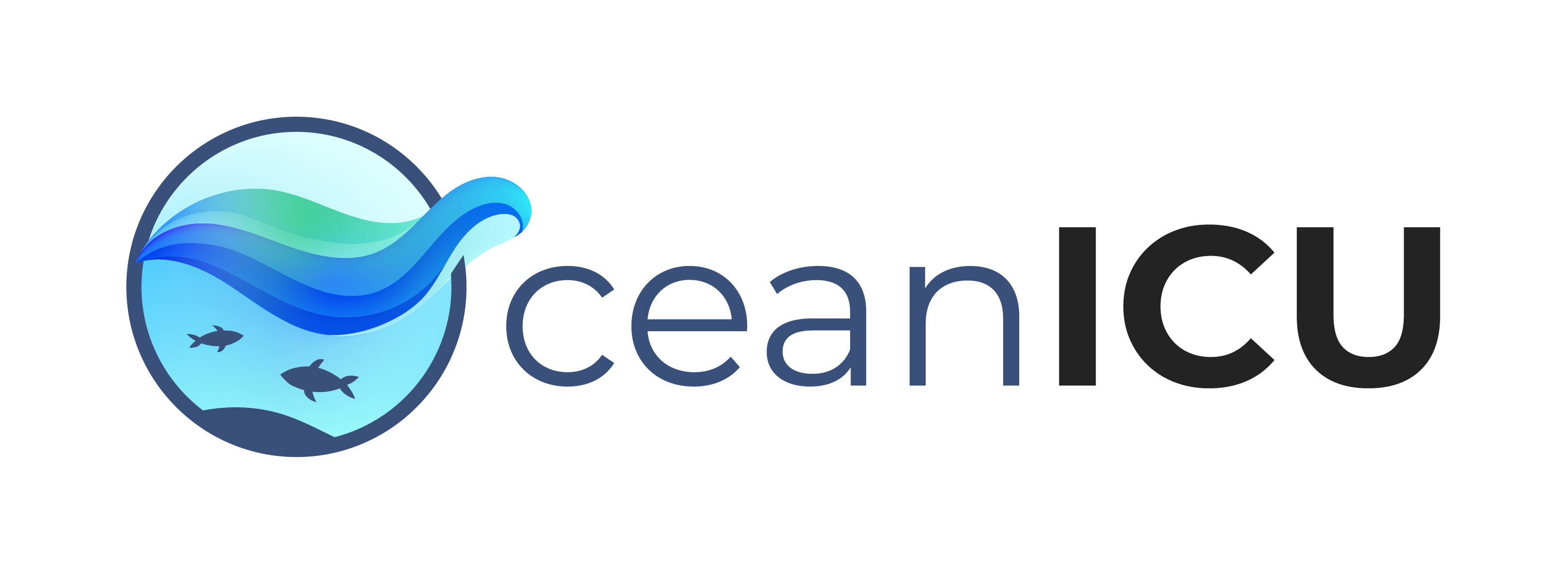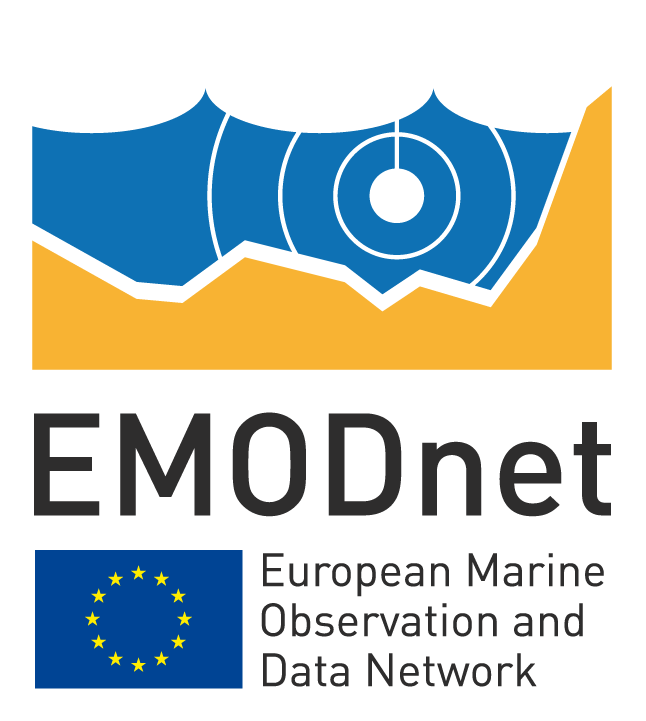The European Marine Observation and Data Network (EMODnet) is a network of European organisations working together to observe the oceans, to make the collected marine data freely available and interoperable, to create seamless data layers across sea-basins and to distribute the data and data products through the Internet. The primary aim of EMODnet is to unlock existing but fragmented and hidden marine data and make them accessible for a wide range of users including private bodies, public authorities and researchers.

The Horizon Europe OceanICU (“Improving Carbon Understanding”) project (December 2022 - November 2027) will produce new data, information and understanding on the role of the ocean in the global carbon cycle. It will explore the role of key organisms across basin scales and quantify the past, current and future state of the ocean C cycle, with a particular focus on the BCP. It will also use the understanding developed on key organisms to give us increased predictability of the ocean carbon cycle, particularly around the role of marine pelagic and benthic invertebrate and vertebrate C. It will then incorporate the new knowledge into OceanICU modelling tools (regional, basin scale and global earth system models) to resolve and quantify the importance of key biological processes on regional and global carbon cycles under a range of climate pathway scenarios and thus support the international intergovernmental architecture relevant for climate and ocean management. The project will develop a suite of tools to predict the impact of resource extraction processes on the contemporary ocean C cycle, the optimal measurement of the Ocean C cycle, as well as building Decision support Tools (DSTs) to predict the impacts of industrial processes in a future ocean. OceanICU has a strong stakeholder engagement component whereby a broad range of stakeholders from the industrial, fishing and climate arenas as well as policy makers, civil society and academia will be engaged to co-design, develop and deploy ocean carbon DSTs. OceanICU outputs will be communicated in a targeted manner to stakeholder groups to promote the uptake and use of OceanICU data, including information and tools to contribute to resolving the observed model data mismatch of Ocean C sink estimates and to support evidence-based science-based management of human activities, towards protecting and increasing the role of the ocean in Carbon sequestration, and in the IPCC process. Outreach and education activities will also be conducted for wider society, with a focus on youth.
As Project partner, Seascape Belgium is leading the Project’s communication activities, including developing the project website, generic communication materials and wider communication resources. Seascape Belgium is also co-leading a work package on “Connecting Ocean-ICU to Society”, leading a Task on raising awareness of ocean carbon to wider society and developing outreach and education resources, with a focus on youth and utilising the European Atlas of the Seas communication tool.
The topic of this project has high societal relevance since the Ocean plays a crucial role in the global carbon cycle, taking up approximately 25% of the CO2 we emit to the atmosphere, and thus slowing the rate of climate change. The future trajectory of this sink will affect the timing and intensity of the modifications to human processes that we need to undertake in order to stabilise atmospheric CO2 at 450 ppm. Our ability to measure and model this sink is limited, which is evidenced by significant discrepancies between measured and modelled C uptake. The current frontier area of research is a suite of biological processes related to higher trophic level behaviour within the so-called “biological C pump”. This involvement of higher organisms suggests that human activities (i.e., fishing, energy and mineral extraction) have the capacity to affect the ocean C sink. However, we currently lack the ability to quantitatively link direct human pressures and ocean C storage.
Visit project website: ocean-icu.eu/





